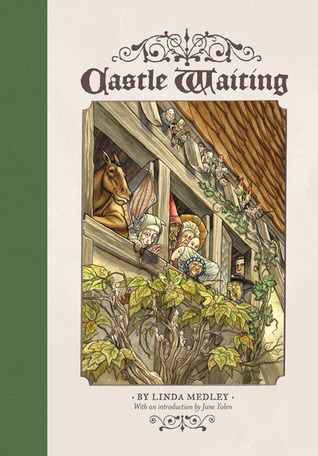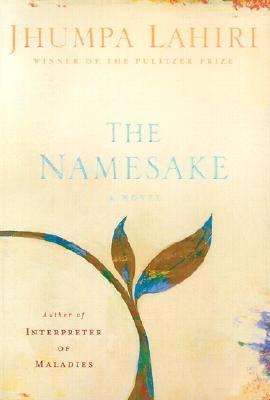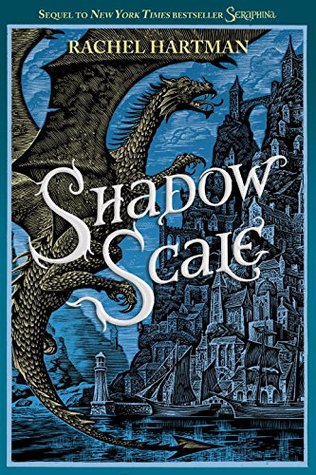Last fall, my husband and I went to Texas for a wedding, and while we were waiting for a train to take us back to the airport, an older gentleman engaged us in light conversation--where were we from, etc. When I explained that we were volunteering on a sustainable living homestead, he said cheerfully, "Oh, we have very different political views, then: I voted for Trump."
It took me a moment to catch up with him, not sure at first how he'd jumped from gardens to politics. However, I quickly realized that because I'd been talking about sustainability, he assumed that I also support abortion and gay marriage (two issues he brought up later in the discussion). Suffice it to say that he was not entirely correct, even if I do lean very far to the left. After deciphering his train of thought, I smiled and nodded, not wanting to get into a pointless debate with him. But he wasn't finished yet.
"I don't see how Democrats can be Christian," he said matter-of-factly. If he'd said, "I don't see how Christians can be Democrat," I might have let the comment slide. But he didn't. What I heard was not a jab at my political views, but a discrediting of my faith. He might as well have looked me in the eye and told me, "You can't be a Christian."
I pushed back, of course, and we quickly discovered that we interpret the Bible, especially Jesus' teachings, very differently. Finally, he decided to discredit me because of my age and lack of experience.
"I've read the Bible at least 35 times--I read through it every year," he said. So, obviously, I am wrong. I have to admit he had me for a second, as I do believe in respecting one's elders, and that they have much to teach us. I think I responded with something like, "That's a very good practice to have," and he looked very pleased with himself, like maybe he was gaining headway with this ignorant child.
But I was still angry. What about my parents, grandparents, teachers, professors, mentors, pastors? Were they wrong, too? Sure, he's lived longer than I have, but so have all of the people who have taught me in my short experience.
Our train arrived soon after, and we parted with a friendly "it was nice to meet you." To him, what had just transpired was a lively discussion--perhaps he'd intended to start it with his inflammatory comments--and I did not think any less of him as a person. Whatever his intentions, I don't believe he meant any harm. But he had awakened a fire within me.
Because I am young, are my opinions worth less? Because I lean a certain way politically, am I any less a Christian? No. The man at the train platform and I are both Christians, and our opinions carry the same weight. We both believe the other is wrong, and I don't think anything but God could change our minds, but that doesn't make either of us better than the other.
There's a hymn that says, "They will know we are Christians by our love." I don't care what your political slant is, or whether you interpret the New Testament the same way I do; when you meet someone, don't belittle them because they are different. Show them love. After all, that's what ties us all together, isn't it? "For God so loved the world . . ." and so should we.

































